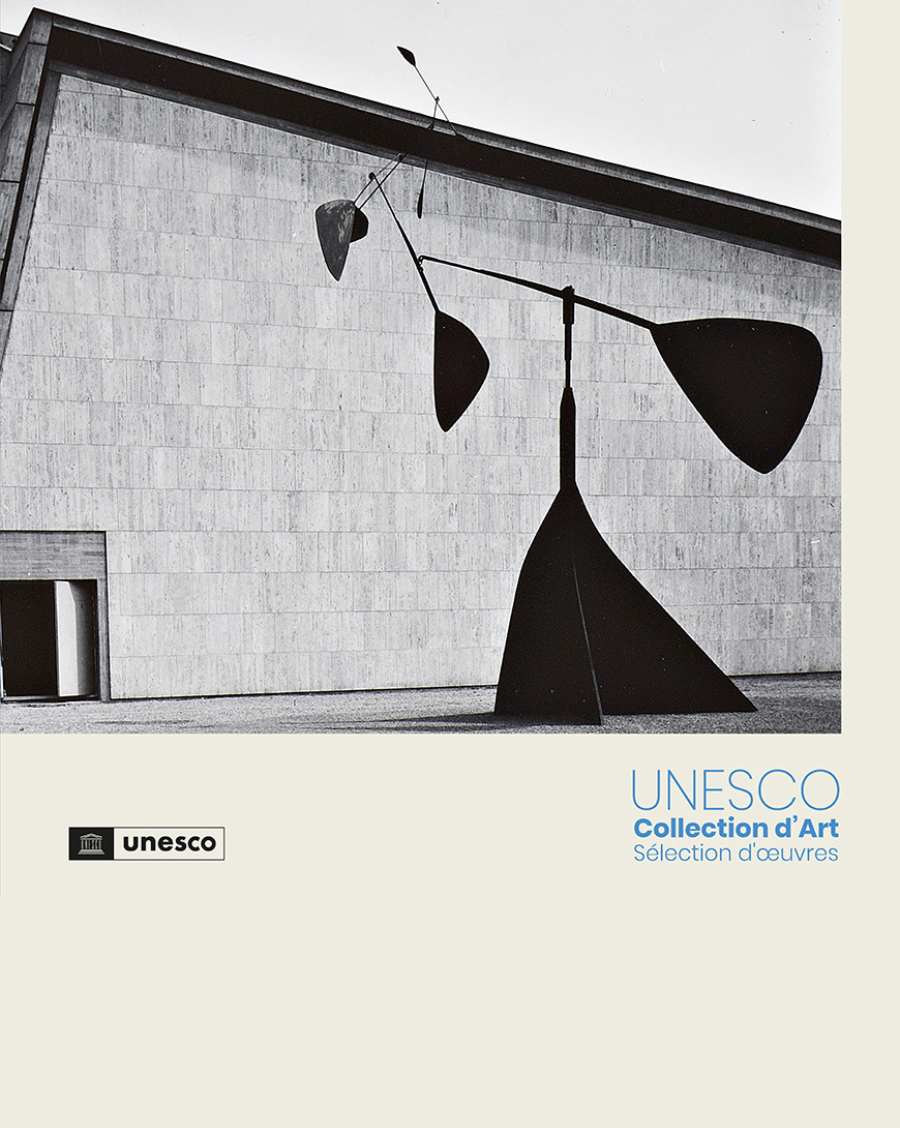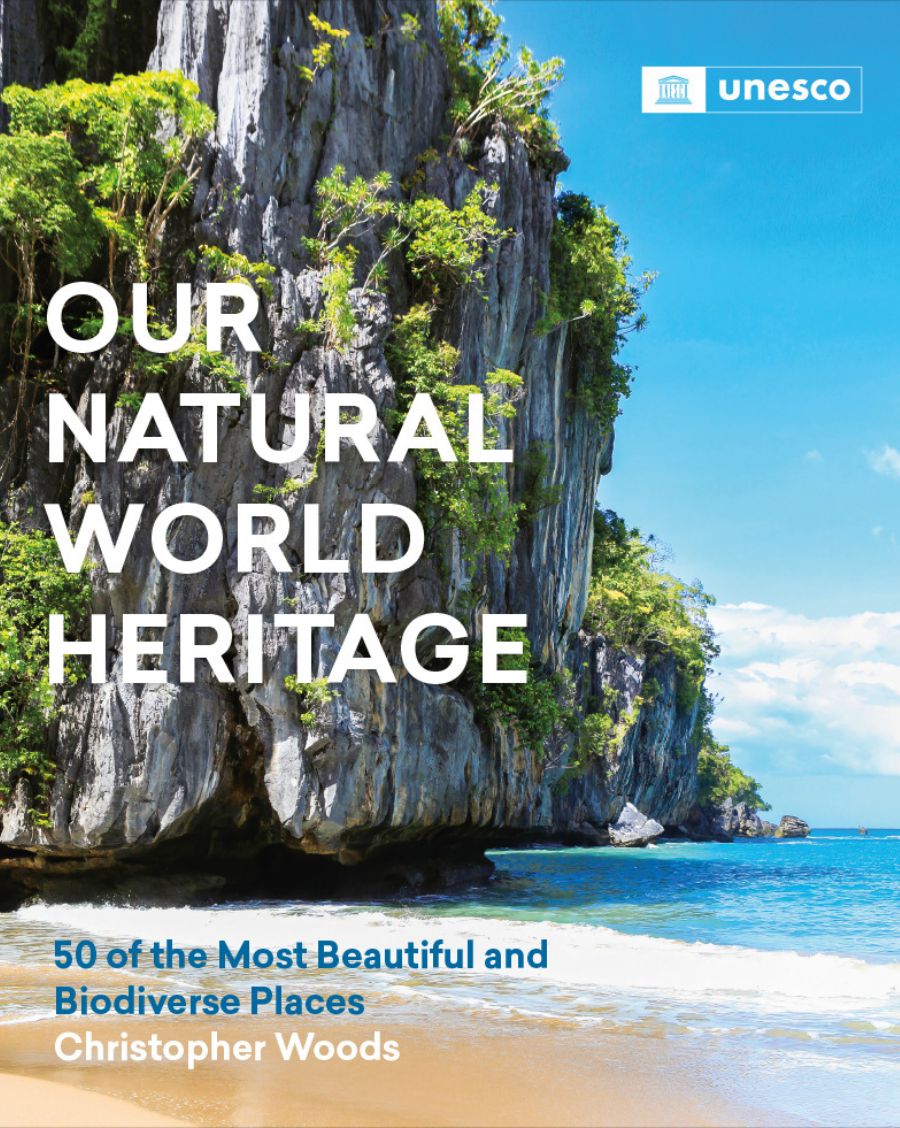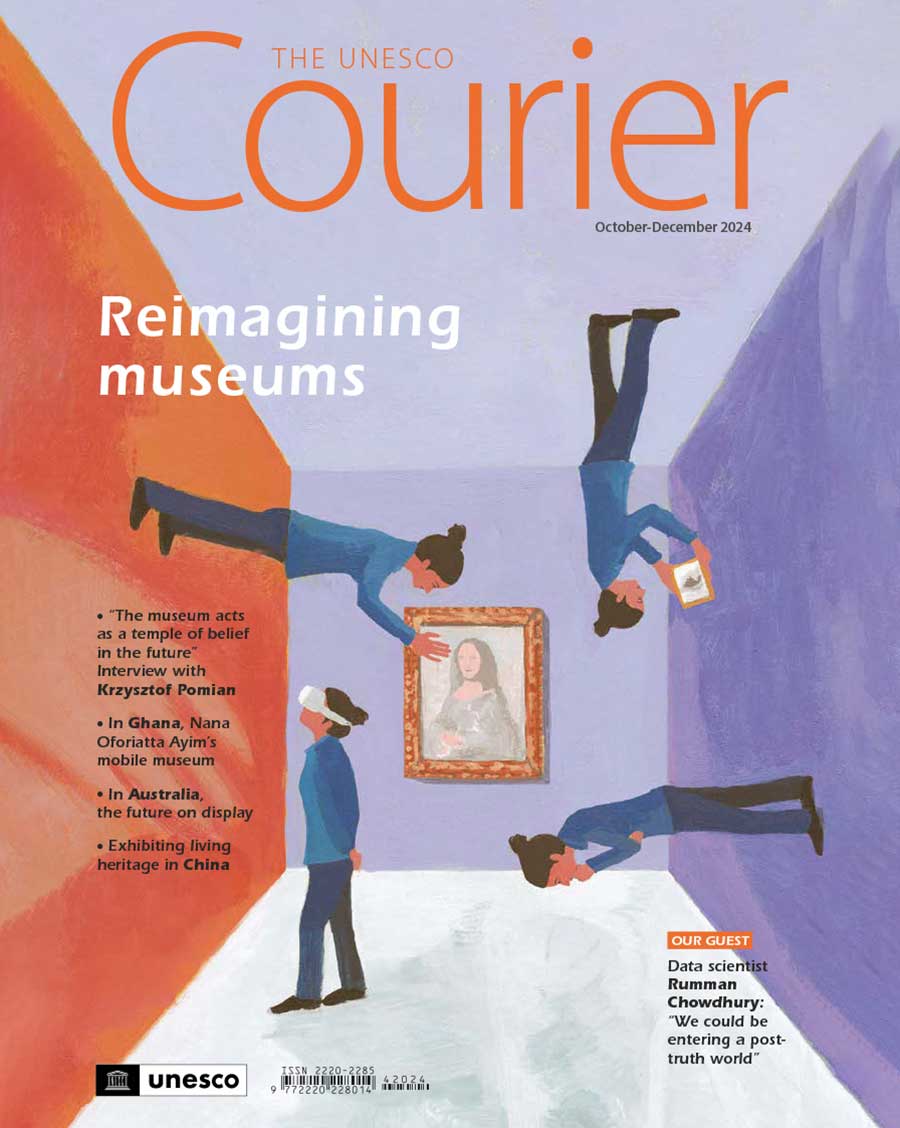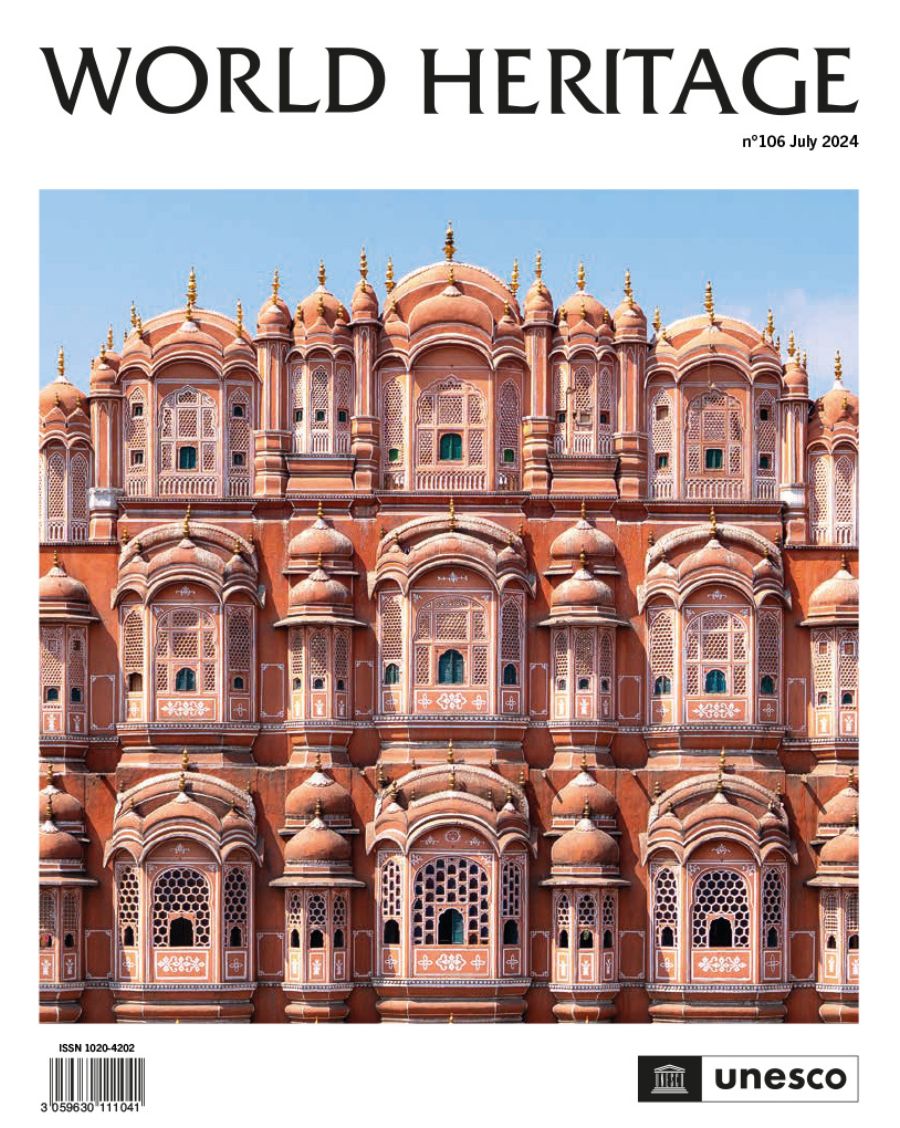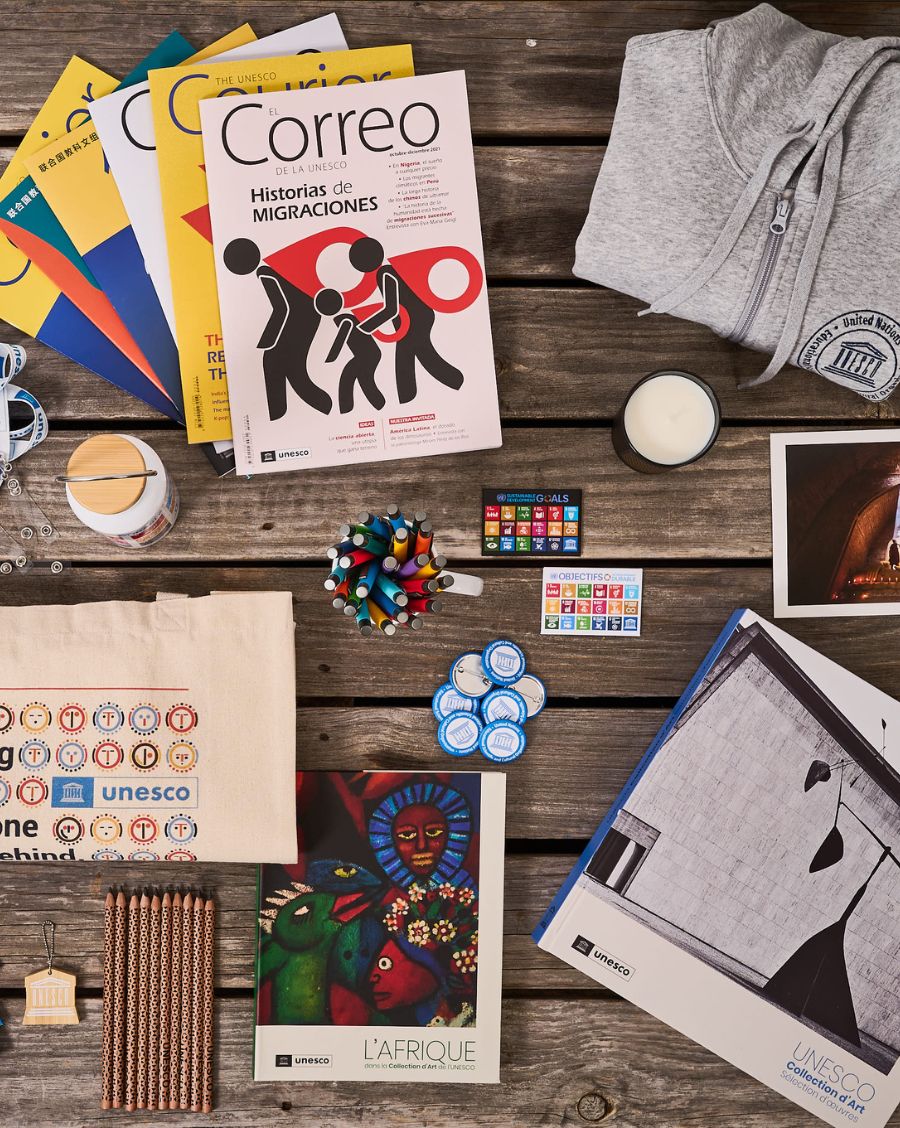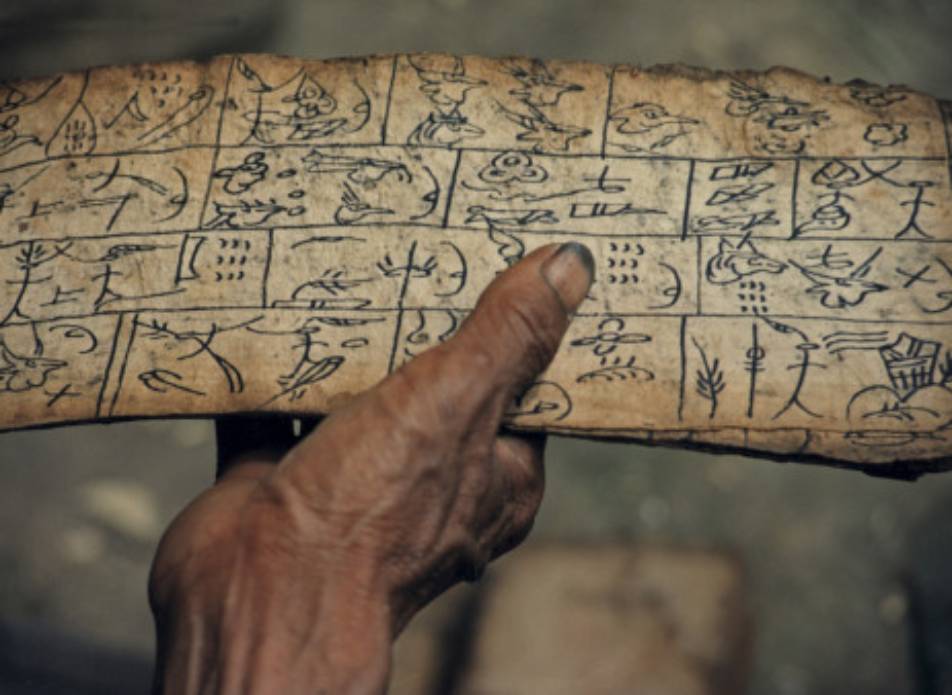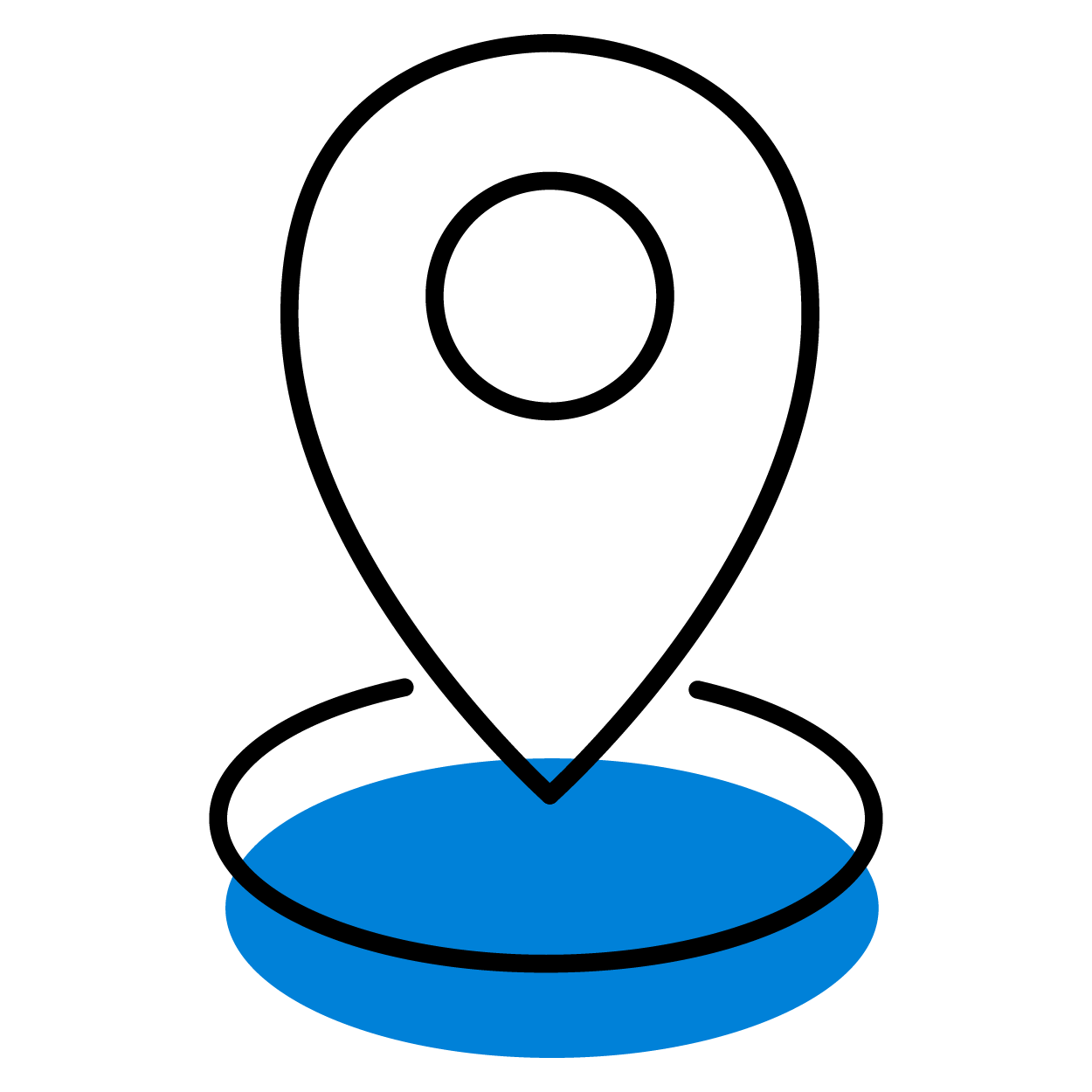Article: Inclusion and human rights
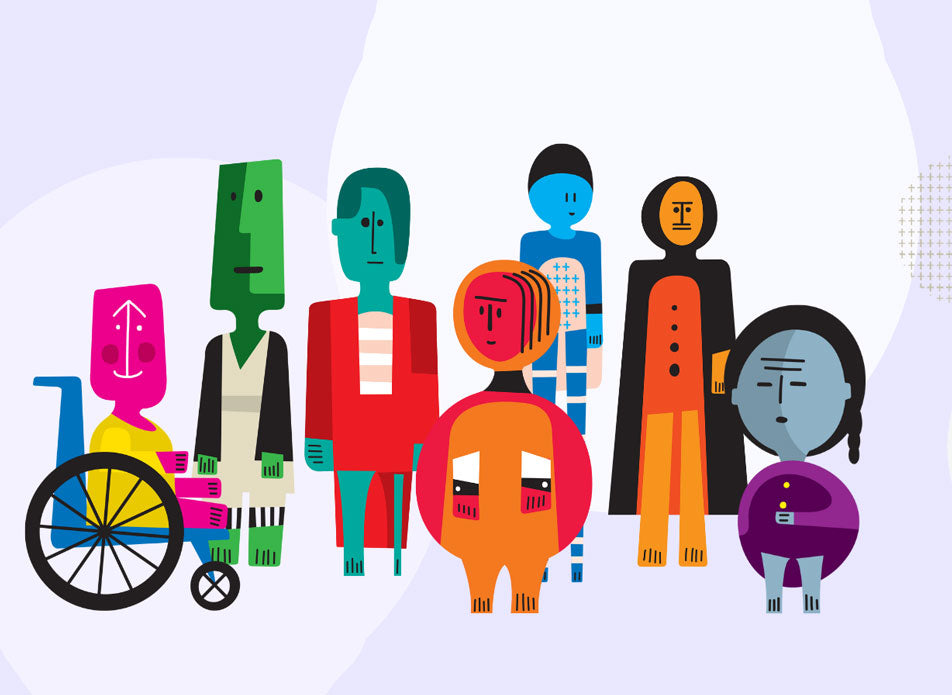
Inclusion and human rights
Although significant progress has been made in many areas, our societies remain plagued by discrimination, racism and inequality. None of the complex and multifaceted challenges of our time can be effectively addressed without inclusion. This is the resounding message of the 2030 Agenda and its commitment to “leave no one behind”.
The world is increasingly interconnected, but that does not mean that individuals and societies truly live together. The suffering experienced by millions of poor people, women, youth, migrants and disenfranchised minorities reveals this reality.
In this new globalized and turbulent context, there is a central message to promote: peace is not synonymous with the absence of war but means living together in our differences of sex, race, language, religion and culture. while promoting universal respect for justice and human rights, two principles on which this coexistence is based. Living in peace is the result of the choices we make in every situation we face, it is the decision we make in our daily lives to engage in sincere dialogue with other people and other communities.
In this fight, UNESCO's Human and Social Sciences (SHS) sector is involved through several initiatives. Every year, the Global Forum Against Racism and Discrimination meets to create global momentum around these issues. A series of Master Class was also launched in 2019 to provide young people with the knowledge and tools necessary to become active in the fight against racism and discrimination. Join our fight for a more just and equal world.
To find out more: UNESCO's actions to promote inclusion, human rights and dialogue .
Featured product



The “United against racism and discrimination” insulated water bottle: your everyday object to send a strong message in favor of equality, tolerance and respect for human rights!
Pickup available at Librairie-Boutique UNESCO
Usually ready in 24 hours

Water bottle United against Racism and Discrimination
French
Librairie-Boutique UNESCO
7 Place de Fontenoy
75007 Paris
France


